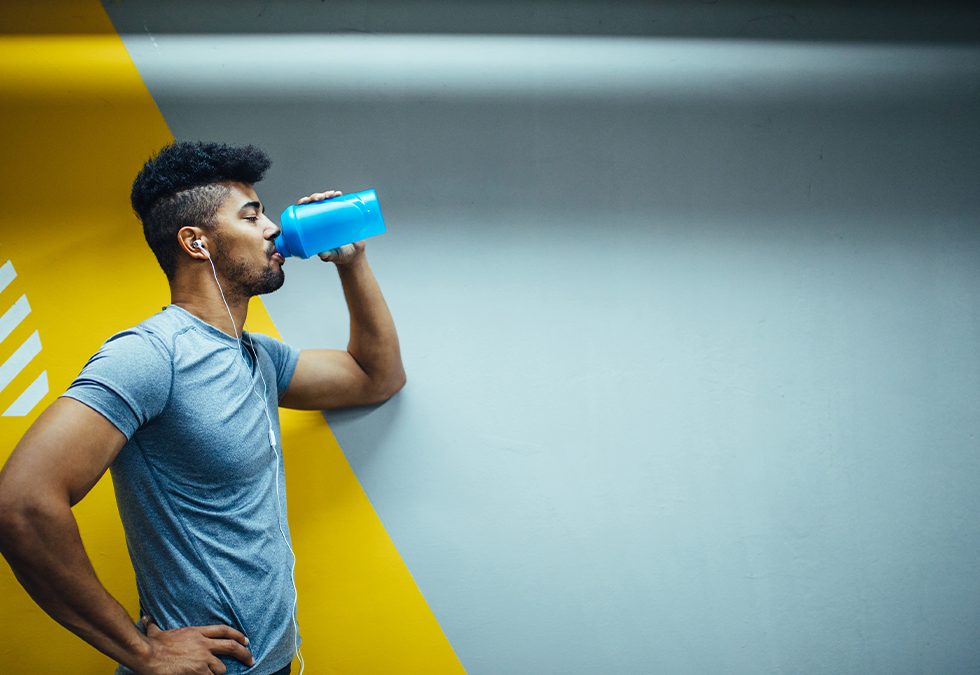Dihydrogen monoxide – dangerous in very low and very large quantities. 😊
We all have some idea that water is important, but how important?
Drinking water helps our bodies with a myriad of tasks including; regulating body temperature, preventing infections, feeding our cells, improving sleep, mood and… cognition. And you may be more dehydrated than you think… in fact, it is likely you are.
While everyone’s personal needs vary, generally adults should drink between 8-16 glasses per day. At the least it’s a little more than a 2-liter bottle.
Careful, this doesn’t mean you need to go chug a pool of water or drastically change your habits. This is just a challenge for you to evaluate your fluid intake and see if it’s keeping your brain at optimum performance. You don’t want anything standing in the way of your best self. So, what should you look at?
Symptoms of mild dehydration:
Well, thirst is one, but sometimes that isn’t clear. You could have a headache, be feeling brain fog/slight exhaustion, be feeling slightly irritable. One of the most objective signs is that your pee is a darker yellow – or you haven’t had to go to the bathroom for a while!
Start Slow:
Our body can only adjust electrolytes and absorb water at a certain rate. Chugging a ton of water could be equally as dangerous as none at all, so make minor adjustments and see how you feel.
Doesn’t have to be water:
Fresh fruits and many vegetables have a high water content. They count! Avoid sugary drinks and keep in mind that caffeine is a diuretic, but you can certainly drink decaffeinated tea. You’ll see high end athletes using drinks with electrolytes – while the majority of us get plenty from our diet, it’s something to consider if you did a workout before settling to study.
Keep it convenient:
Having your water bottle easily accessible means you will not have to think about it. That means more brain space for studying! Bonus points if you have a really cool cup or water glass.
Do what works for you:
The jury is out on exactly how much water you should drink and if it should be just water. Make small adjustments and changes and see what keeps you at your best!
Keep up the good work, and cheers to staying hydrated!
Written by Dr. Kerri Lyons

